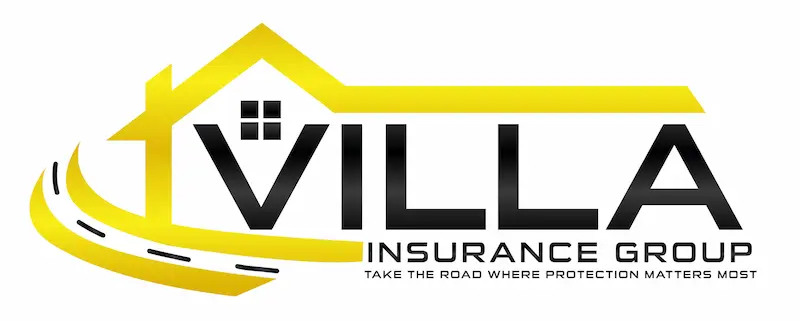Mold is a serious problem in a number of older homes, apartment buildings and commercial buildings.
It’s often caused by poor maintenance and unchecked water leaks that over time create conditions that are ripe for the growth of the fungus.
The problem is that this mold can aggravate tenants’ allergies, and there are plenty of cases where they sue landlords over being sickened by mold. And juries round the country have awarded large settlements (sometimes in the millions of dollars) to tenants after they claimed they were sickened by mold in their homes, apartments or offices.
Worse, it’s difficult to make a claim on your landlord’s policy if you are sued by a tenant over mold issues, as many of the policies exclude pollution.
Fortunately, there are steps a landlord can take to reduce the chances of being sued by a tenant for mold issues.
While most states do not have mold-specific laws, they do have negligence laws. And most often, mold growth is the direct result of poor maintenance or just pure negligence as some landlords may detect a leak and not bother fixing it. Leaking water and moist conditions are the breeding ground for mold.
In order for a landlord to be considered negligent in a premises liability lawsuit, they must be aware that the problem exists or should have been aware that the problem existed.
When the issue is toxic mold exposure, it’s easy for a landlord to be held liable for having allowed a toxic environment to fester.
Steps you can take to avoid being sued
You can take steps to reduce the chances of being sued by a tenant. It may take some extra time and upfront expense, but it will be worth it if you can avoid being targeted with litigation.
Require tenants to immediately notify you about water damage, broken dehumidifiers, condensation or related problems — In your lease you should require that your tenants notify you about a leak or other water issue that they become aware of. This will allow you to remediate the problem once they call and also provide you with a strong defense if they later try to sue, claiming you are liable for damages.
Some sample language that you can include in the lease could include advising tenants to keep their dwellings clean, remove visible moisture on windows, walls, ceilings, floors and other surfaces as soon as possible, and notify landlords — in writing — about any signs of water leaks, water infiltration or mold.
Require tenants to carry renter’s insurance — Your insurance will cover the structure itself, but renter’s insurance will cover any mold damage to your tenants’ property and belongings.
Stay to a strict maintenance schedule — You should schedule times with your tenants so you can regularly inspect for leaks in pipes, windows and roofs, as well as water staining, and moisture and condensation (including in the HVAC system). Leaks are usually where mold starts.
During inspections, besides looking for those obvious issues, you should look out for mildewy, musty odors, and look for mold and fungus. If you find any issues, remediate them promptly.
Respond quickly when a tenant complains — Proactive landlords that fix problems their tenants raise, have a much less chance of being sued. Therefore, if one of your tenants reports a mold or moisture problem, you should immediately have the property inspected by a professional.
If they detect any mold, mildew and/or leaks that may be causing it, you should hire professionals to remove the mold and repair any problems that were causing the growth in the first place.
Make sure to document any inspections you conduct, as well as any repairs, cleanup and remediation.
Finally, you should make sure to follow up with your tenants to make sure the problem hasn’t recurred. A good idea is to check with them a week later, a month later and then six months later. But before that six-month mark, you may want to have the property reinspected for mold.
Insurance
The typical landlord’s insurance policy covers:
Property damage — From fire or other natural catastrophe.
Lost rental income/rental default — Should something cause your property to be uninhabitable (severe mold, termites, a rat infestation or a sinkhole), this provides temporary rental reimbursement to cover the income you’d otherwise receive if tenants could be occupying the property. It also covers lost income from a tenant’s rental default.
Liability — This is coverage for the medical or legal costs that might ensue if the tenant or a visitor suffers injury due to a property maintenance issue.
Get a Free landlord policy review online today!
Are you looking for landlord insurance in Seattle Washington? We are a local top rated insurance independent agent protecting all aspects of your life, from your business to your autos and home, we have you covered! The benefit of choosing an independent agent like us means options. We have relationships with many top-rated carriers to give you the home insurance coverage you need that fits your budget. Don’t wait, call us today at (425) 771-9000 or visit our Quotes Online and start saving money.
